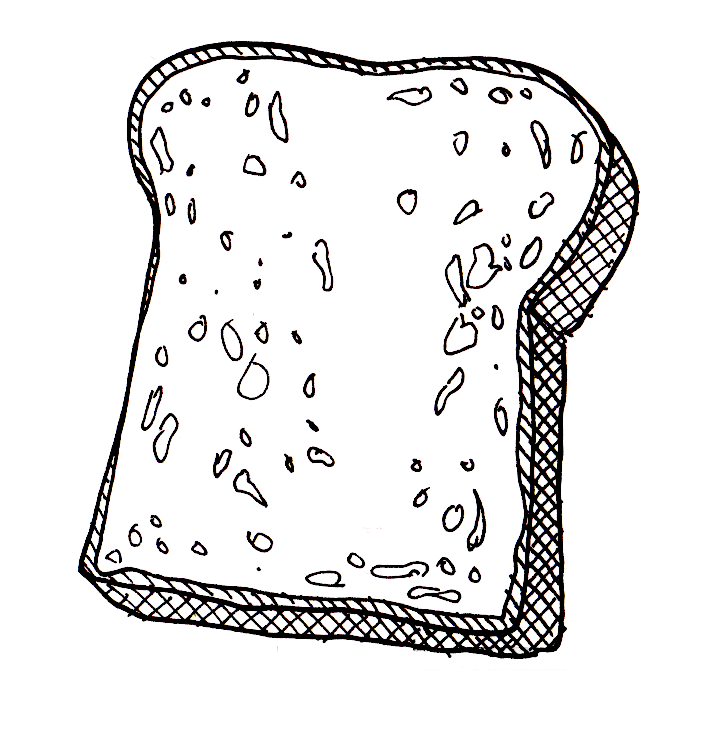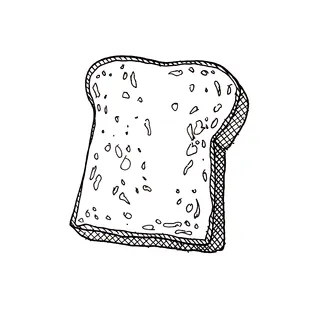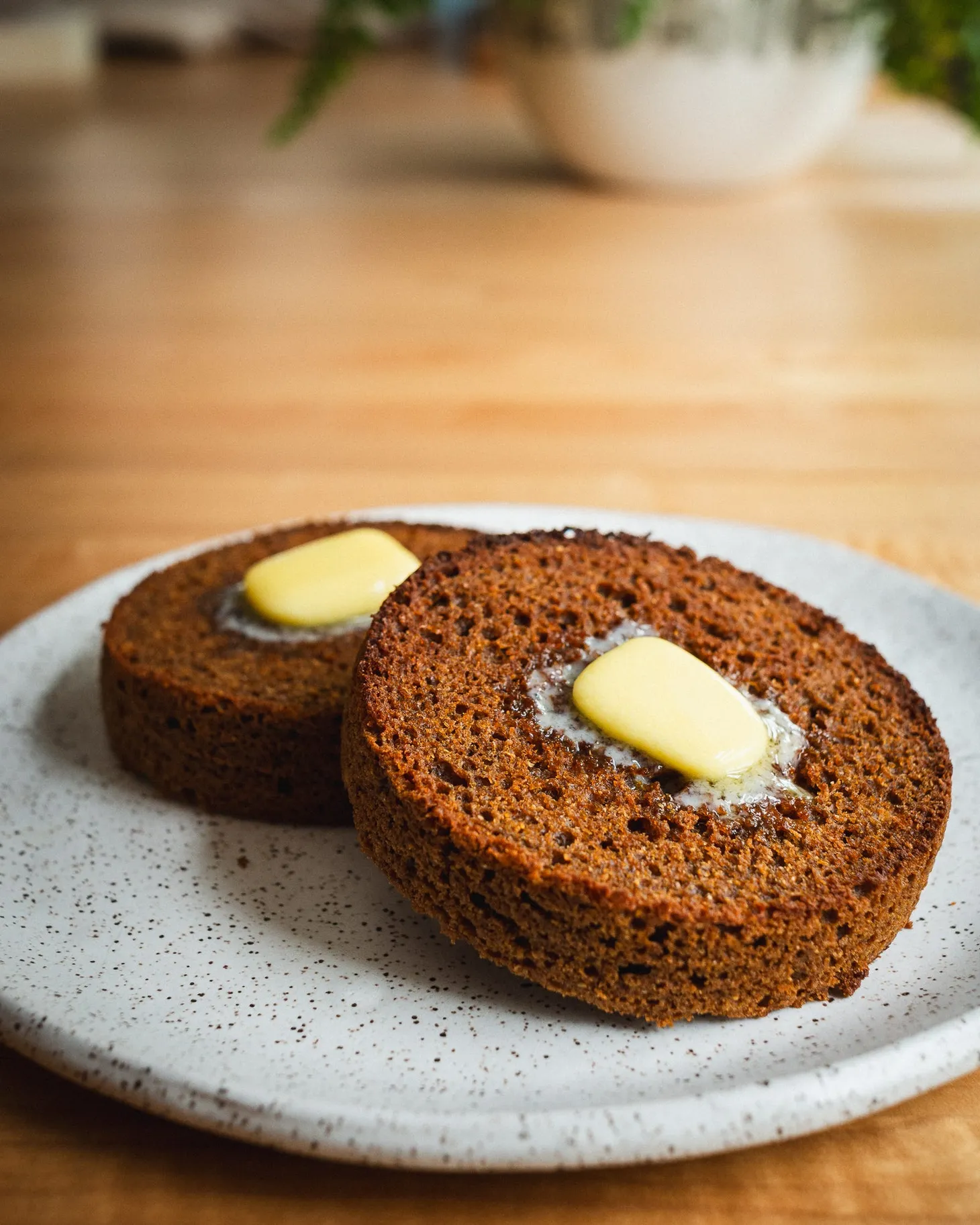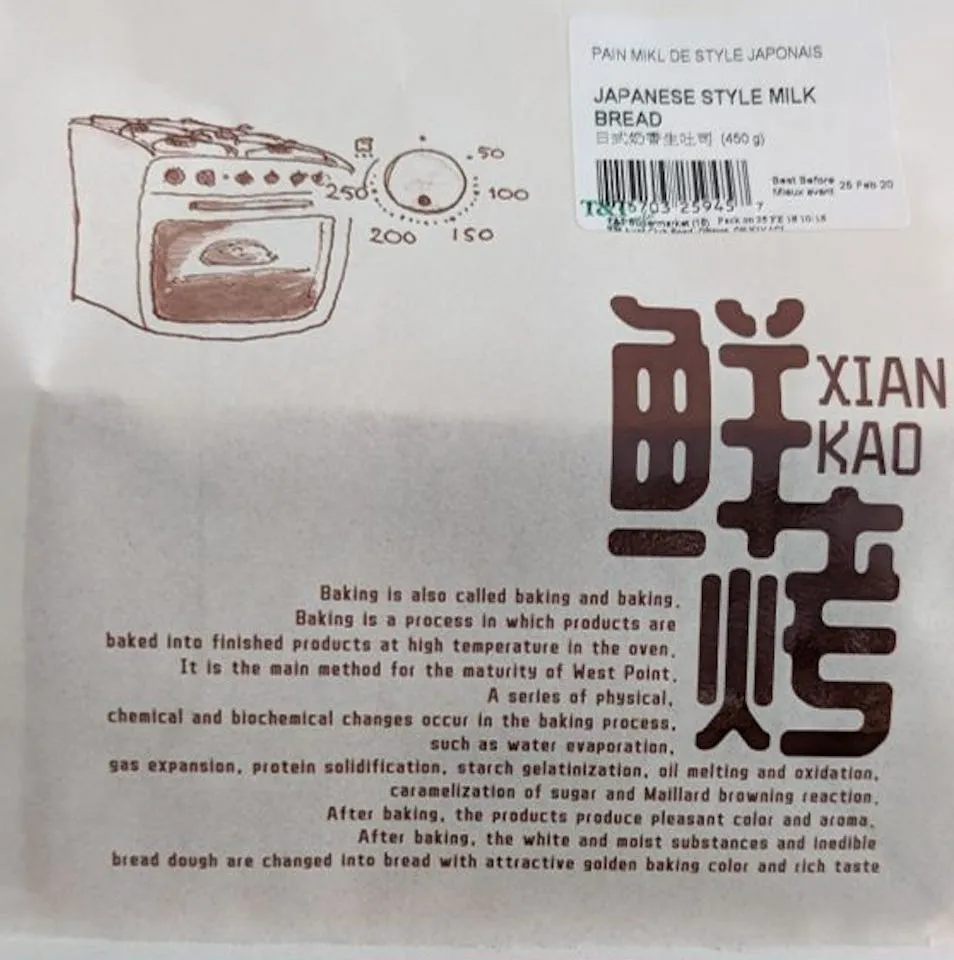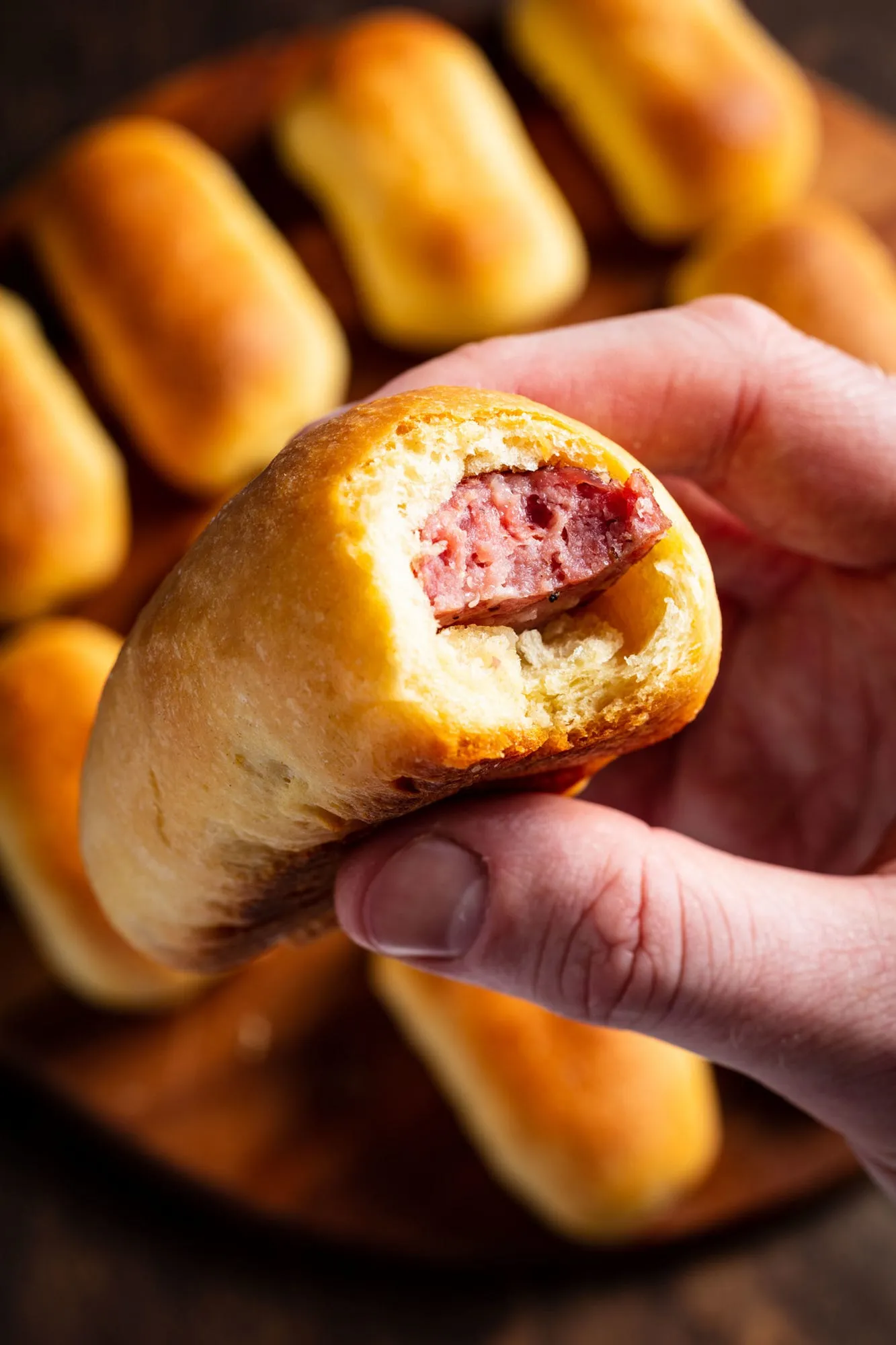Back to School
On the current state of Breaducation, my book project (and this newsletter)
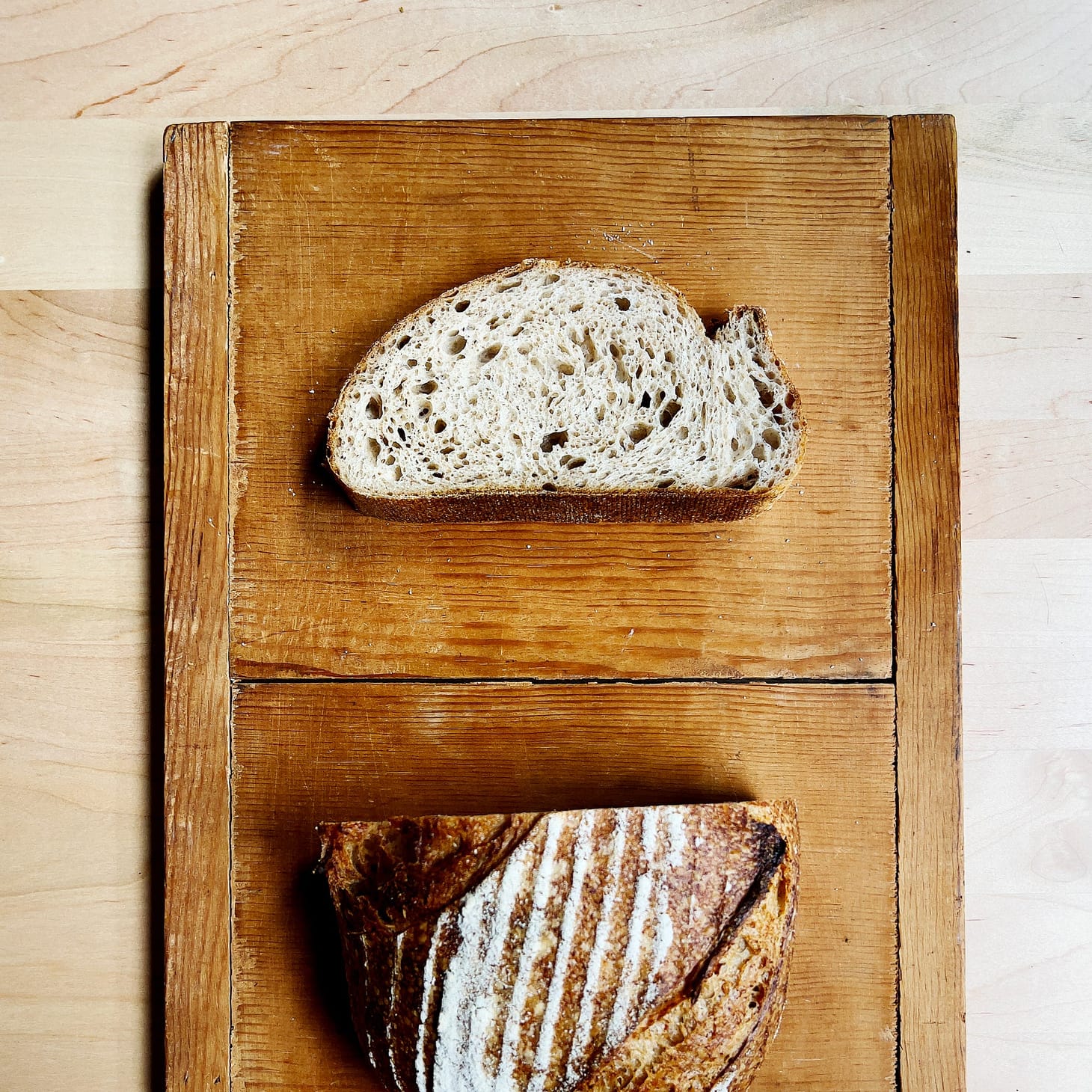
Table of Contents
Well, Wordloaf is back from the beach, and the team is ready to get baking again with you all. I hope you’ve all had a great summer.
While I took some of August off for summer fun, I spent a lot of it alternating between working to clear my plate of various freelance projects so that I can focus exclusively on Breaducation, my book project, due less than a year from now, or actually working on said book project. While I am having “fun” writing a book about bread (since bread is fun), writing a book is hard, and I have resigned myself to being stressed out and anxious for the next year or so. I’m hoping that at least some of the anxiety about whether I’ll be able to pull it off will lessen the more I actually get written down. But I’m also aware that the closer I get to the deadline, the more stressed I’ll be about finding enough time to put everything in it I hope to.
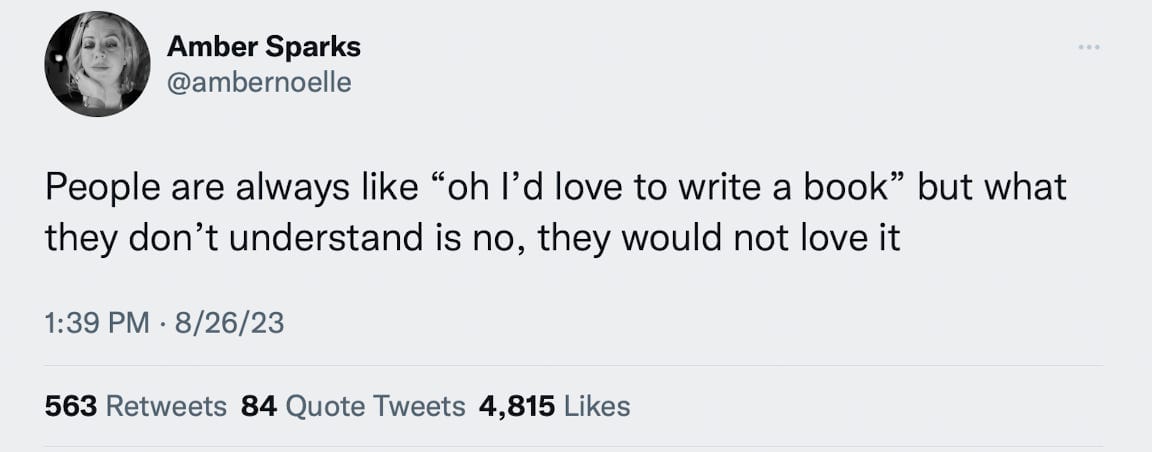
When I wrote “exclusively” above, I did not mean to imply that I’d be neglecting Wordloaf, the newsletter, while I work on the book, but I do think I’ll need to change up my approach here during that time to ensure the book gets done. I may have to take a hiatus from Wordloaf entirely as the deadline approaches, but I won’t know for sure until the end of this year. My current goal is to get a complete draft of the book down by then; assuming I do, I’ll have a much better sense of how much remains to do to get it over the finish line. And even if I don’t, I’ll still have a good sense of how much more time I’ll need to complete it. So expect an update about that when the end of the year approaches.
Either way, I do plan to change up how I do things here for awhile, by dialing back the number of posts slightly and by simplifying things a little bit. The Friday Bread Baskets will still drop every week, but the posts might be less wordy than usual (though that would let me share more links, a good thing, especially given the backlog of items I have). I won’t formalize any of these (temporary) changes yet, but will let you know if and when I roll them out. I will continue to send out lots of goodies for my paid subscribers, many of which will be previews of book content and recipes, and a lot of the content here generally will be related to things I am working on for the book.
Speaking of Breaducation, I realize that I haven’t really talked about the specifics of the book here much. As I began working on it, I was surprised by how little of the newsletter’s past content is going to end up in the book. Certainly there are lots of Wordloaf recipes that will be updated to go into it (and many new ones), but as far as writing goes (of which there will be a lot), much of it will be brand new. Obviously, without Wordloaf there would be no book, but unlike some other bread blogs and newsletters, my focus here has been broad, covering any and all aspects of bread, baking, and grain. The book will do so too, but it will be much more focused on techniques and process than I’ve been here.
I resisted the idea of doing a book for a long time, despite the enthusiasm many others had for the idea. I had no interest in making a “vanity” project, focused solely upon my own recipes and process. My approach to baking works great for me, but there are already many books in the world on bread baking, many of them excellent, and many of which have fundamentally shaped my way of doing things. If my book was going to justify its place on bookstore (and your) shelves, it had to be something different, and it took me ages to figure out exactly what that might be.
It’s been my great fortune to know and spend time with a wide variety of bakers, most of them much more experienced and talented than I, and it is that resource I am drawing on as I work on the book. Rather than it being about my approach to baking, Breaducation is going to be more of a catalog of the myriad ways which bakers my choose to do things, and why. One thing I’ve learned over my years of watching other bakers work and experimenting myself is that there is really no one “best” way to do things.
In reality, there are countless ways in bread baking to get to a similar place. Some methods yield nearly identical results, which means a baker can choose the one that suits them personally or fits within a particular schedule. Others obviously yield different results. The goal of the book is to show how and why a baker might make the choices they do, to give learning bakers options—it will be descriptive, rather than prescriptive. Obviously, I have opinions and biases of my own, and I won’t shy from sharing them, but that won’t get in the way of discussing why someone might want to make other choices with their own breads.
That said, there will be a thread running throughout the book that will give beginning readers the fundamentals they need to gain confidence as a baker, and this aspect of the book will be clearly delineated. Many of the formulas are meant to serve as “anchors”—basic recipes that introduce a baker to a style of bread or a set of new techniques, and that can serve as solid formulas that can be returned to again and again, even as one ventures further afield. These core formulas will be followed by a number of variations and spin-offs, both to provide variety, but also to illustrate the ways that a relatively small set of techniques and formulas can be used to produce a near-infinite number of products. How I move from one recipe to another will be explained in detail, so that a reader can create variations of their own when they are ready to.
Another way the book will differ from others is that while it will of course have many bread formulas in it, as much weight will be given to the science, materials, and methods of baking as the actual recipes. While the “front matter” of most bread books is usually relatively short, at least half of Breaducation will be wordy explanations of the hows, whys, and whats of bread baking. Some of this information will be presented in exhaustive detail, while other ideas will be mentioned in passing, while providing intel on where to go for further investigation. I want the book to be comprehensive, but it’s just one book, so that requires me to pick and choose which topics I can cover closely, and which ones are better off explained by someone more expert than me.
It’s that half-the-whole-book front matter that I’m working on right now.
Speaking of formulas, those of you who are on my Breaducation recipe testing group list, I’m about to start sending out recipes again soon, so stay tuned, and get your sourdough starters cracking, because that’s where we’ll be focusing next.
Lastly, since this is the return to Wordloaf after its summer pause, I wanted to say that—as I mentioned above—while the Breaducation is the direct result of having this newsletter (thanks largely to the support of all of you), I also see it as the last distraction from making the newsletter all that it could be. The three years since I took Wordloaf “full-time” have been a nonstop mad dash to get it out the door week after week while also doing enough freelance writing and recipe developing in order to pay the remainder of my bills. I’ve loved most of those side projects, but they take time and energy away from things I want to do here, with all of you. My hope is that once the book is complete, I will be able to focus my time almost entirely on Wordloaf, and turn it into the bready newsletter I’ve always envisioned (and that it has only hinted at thus far). The next year or so is going to be a grind, for sure, but it will be worth it, knowing all to come once I get over the finish line.
—Andrew
Ps. I have lots of guest posts and new book excerpts lined up for Wordloaf this year, but if you have ideas for either and want to be involved, please let me know!
wordloaf Newsletter
Join the newsletter to receive the latest updates in your inbox.
